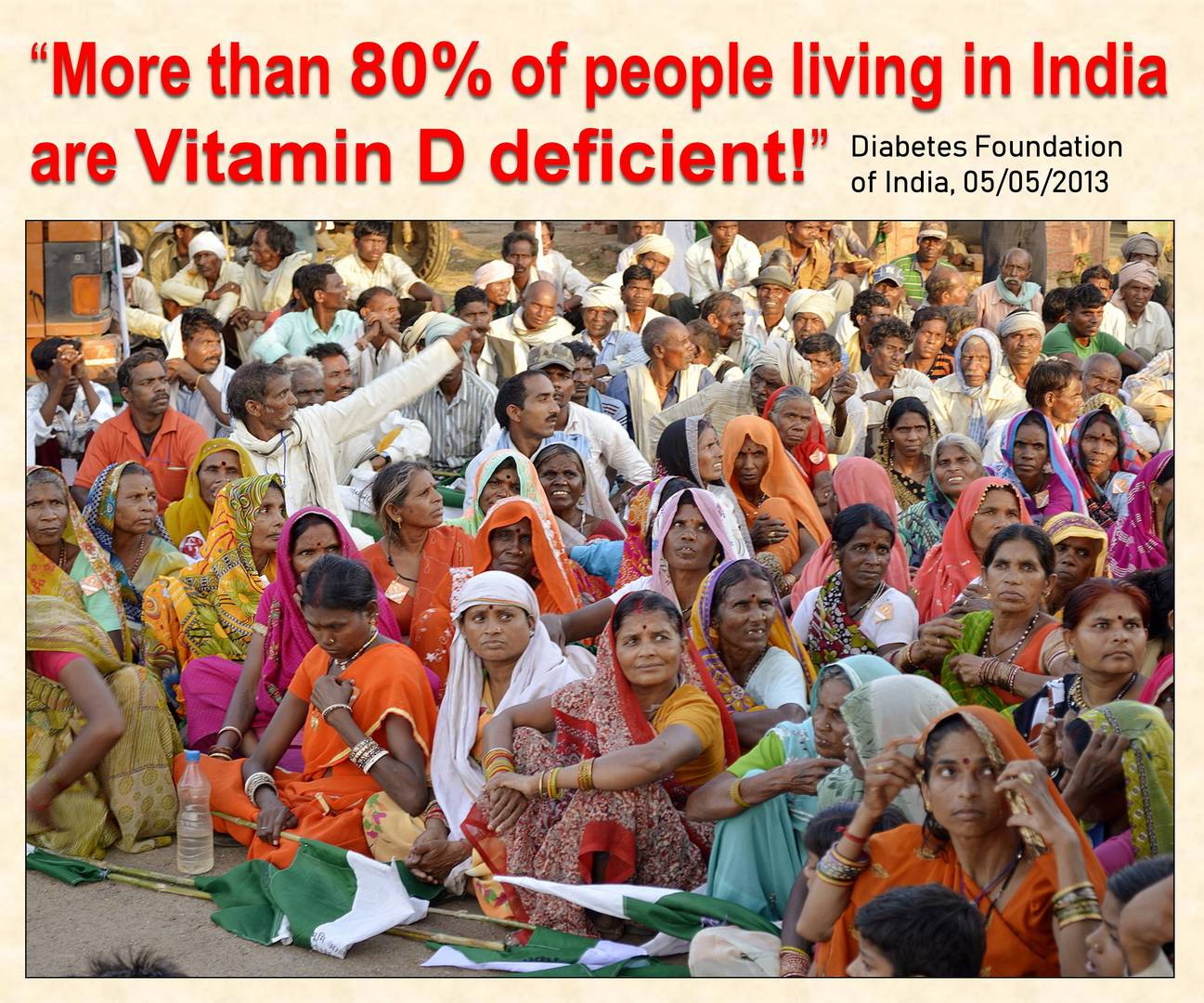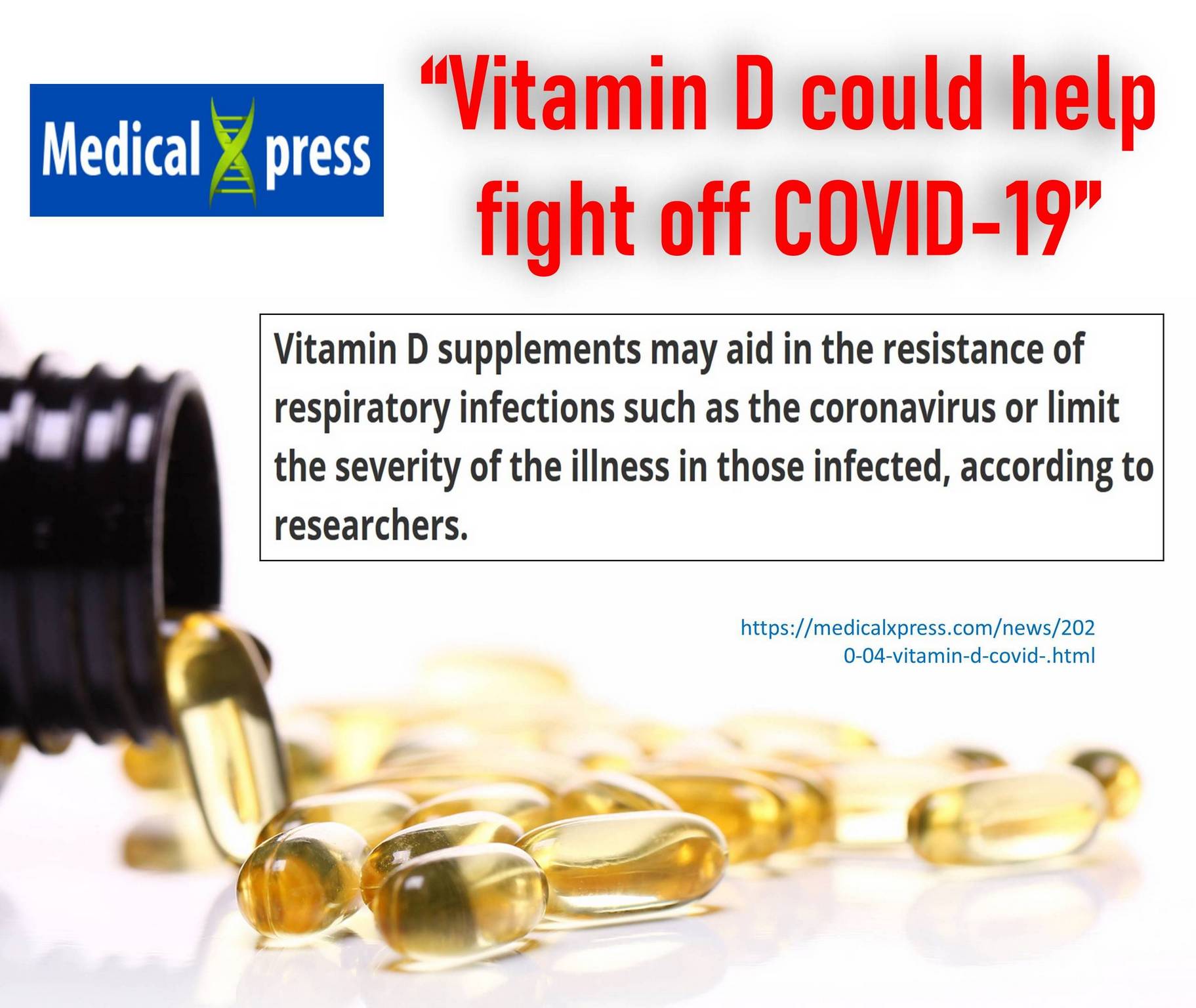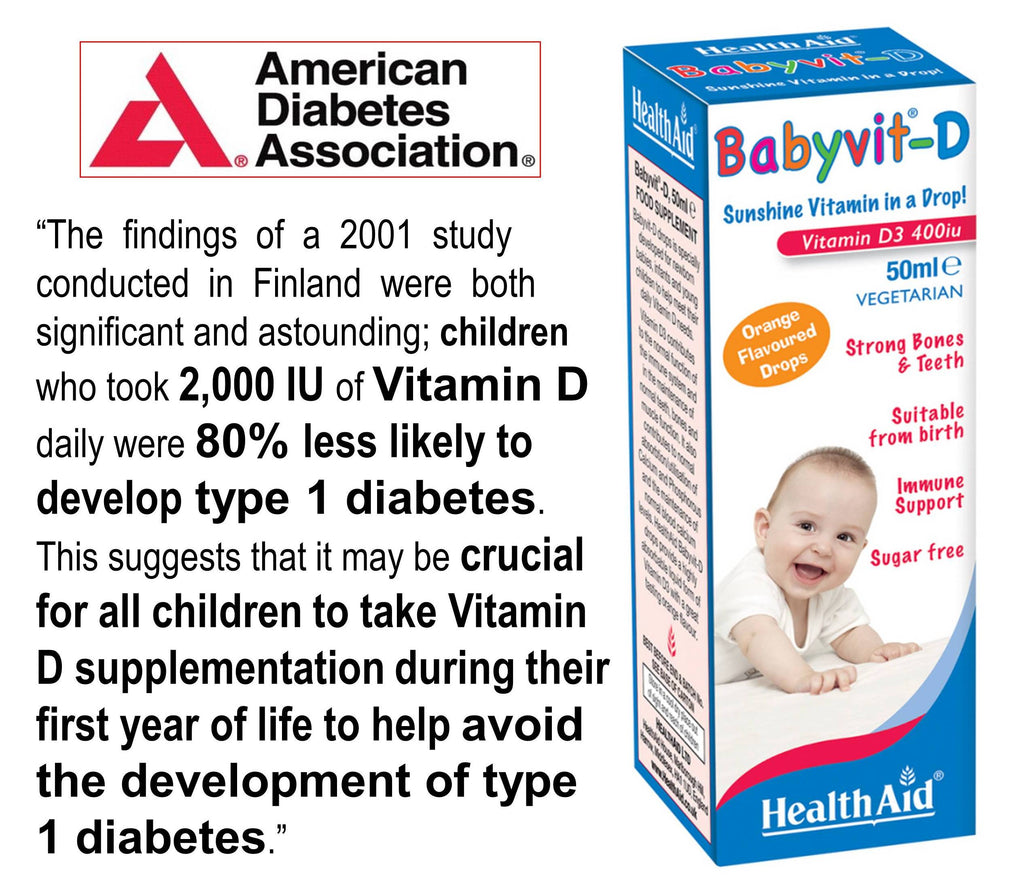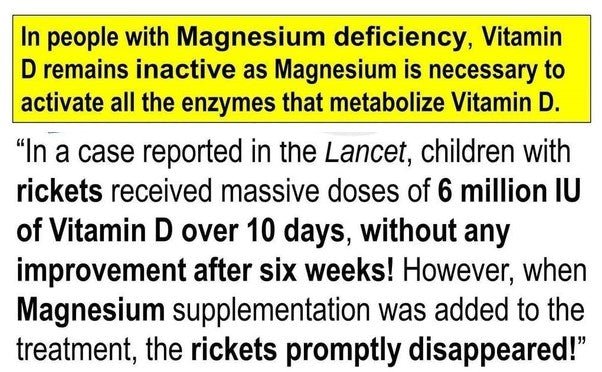If you believe Vitamin D is only important to maintain a healthy immune system, you may find it surprising that it is also important for almost every aspect of our health.
It has incredible health benefits relating to fat metabolism, immunity, viral infections, respiratory health, bone health, cardio-vascular health, blood glucose levels, diabetes, hormonal balance, athletic performance, skin health, mood, joint health, ageing, migraines, sleep, and many more.
It is produced as a pro-hormone in our skin and is then converted to a potent hormone, which can influence thousands of different genes and cells.
Vitamin D Deficiency
In any cold/cloudy country, almost every person may be deficient, due to the lack of sunshine. Surprisingly, in very hot/sunny countries the deficiency of this vitamin is also common.
In India, 80% of people are deficient because they do not properly expose their bodies to the sun, on a regular basis.

Researchers suggest that people with darker skin require up to 6 times more sun exposure, because individuals with darker skin have more melanin, which protects against ultraviolet radiation exposure, reducing the production of vitamin D.
Low levels are associated with obesity, autoimmune conditions, certain types of cancer, high cholesterol levels, multiple sclerosis, hypertension, rheumatoid arthritis, diabetes, eczema, psoriasis, periodontal disease, insomnia, infertility, cystic fibrosis, depression, migraines, Alzheimer’s disease, schizophrenia and many more.
Benefits of Vitamin D
Immunity
Immune cells have special receptors for Vitamin D. It stimulates different types of white blood cells to fight bacteria, viruses and cancer cells.
It may be very helpful in coping with allergies and autoimmune diseases. It also prevents prolonged or excessive inflammatory responses.
It can be very effective in fighting flu or colds as it produces numerous natural and harmless antibiotics.
Sun exposure has been shown to reduce the incidence of viral respiratory infections, along with a wide range of other health conditions.

Bone Health
It is important for the nervous system. It appears to be much more important than calcium in preventing fractures. Deficiency leads to low bone mineral density and rickets in children.
Brain Function and the Nervous System
It plays an important role in regulating brain function. It aids in the development of the nervous system and brain, helping postpone the decline of the nerve cells.
One study found that low levels cause damage to the brain. Studies have shown that individuals with deficiency perform poorly on exams, have reduced decision making skills and have a decreased attention span.
Cardiovascular Health
Deficiency is linked to an increased risk of cardiovascular problems because it’s involved in regulating cholesterol levels, blood pressure and inflammation.
Autoimmune diseases
Deficiency can lead to autoimmune diseases, because it stimulates suppressor T-cells, preventing other immune cells from attacking our own body. If there is not enough vitamin D, suppressor T-cells can’t function properly and produce antibodies that fight against our own body tissues.
Deficiency is also closely related to the type 1 diabetes (an autoimmune condition).
Diabetes and Insulin Resistance
Deficiency is associated with high body fat, high blood sugar levels, and decreased insulin sensitivity. A region of the brain called the hypothalamus which controls both weight and glucose levels has vitamin D receptors. Therefore, deficiency is a risk factor for the development of insulin resistance, type 2 diabetes and obesity.

Overweight and Obesity
Obesity may be associated with deficiency because it improves fat cell metabolism. It also acts as an appetite suppressant, by stimulating the release of leptin.
New studies suggest that it may help us burn more calories, by making fat cells more metabolically active and turning our body from fat-storing into fat-burning mode.
According to some specialists, vitamin D can be trapped within the fat and cannot be easily released. This means that obese/overweight individuals require twice as much as people with normal body weight.
Excess Oestrogen
It can block excess oestrogen reducing the risk of health problems associated with increased oestrogen levels, including breast cancer, ovarian cancer, fibroids, heart attack and stroke.
Testosterone Deficiency
Low levels interfere with proper testosterone production, leading to lower levels of this hormone and many unwanted symptoms.
Pregnancy
Pregnant and lactating women are encouraged to take vitamin D supplements. As it supports the well-being of the baby, healthy bone and neural development, it also helps to prevent the onset of (juvenile) diabetes and other autoimmune conditions.
Recommended Daily Intake
Experts recommend taking at least 4,000 IU a day with your first meal. As deficiency is so widespread it is suggested (for those with diagnosed deficiency) to take 10,000iu a day with meals for 2-3 months and after that, reduce it to the maintenance daily dose of 4,000 IU.
It is better to take vitamin D supplements in the morning, as some people reported that after taking it in the evening, they experienced some sleeping difficulties.
Sources
If you expose unprotected skin to the sun, in the summertime between 10am-2pm for about 15-30 minutes a day, you will probably store enough vitamin D for the rest of the year.
Unfortunately, because of the busy lifestyle and frequent cloudy weather even during summertime, in countries like the UK, it is impossible to expose the body to the sun for at least 3-4 days per week. For this reason, we need to obtain it from our diet.
Dietary sources include certain types of fish and mushrooms. Cod liver oil is a good source. Pasteurised milk, and other foods can be fortified with vitamin D but unfortunately, they contain a synthetic form.
D3 Vs. D2
D3 is almost 90% more potent and more efficient in our body and it is converted about five times faster than D2. In addition, D3 produces a greater storage of vitamin D than D2.
Is Vitamin D Suitable for Vegans and Vegetarians?
There are two types of vitamin D supplements available on the market. The first one is known as ergocalciferol (Vitamin D2). The second form is known as cholecalciferol (Vitamin D3).
Cholecalciferol doesn’t have anything to do with meat or dairy, as it is derived from sheep’s wool by purifying lanolin (wool grease). The lanolin goes through so many processes and purifications that the final product is a pure chemical.
Therefore, in my opinion it can be regarded as suitable not only for vegetarians but also for vegans, as the production of cholecalciferol doesn’t require killing animals.
However, since cholecalciferol is still linked to an animal, some manufacturers decided to state that it is suitable for vegetarians, excluding vegans.
Ergocalciferol, is not linked to any animal sources and therefore often recommended as suitable for vegans. But it is much more inferior to cholecalciferol (D3) due to low bioavailability. In addition to its poor absorption, it is also expensive and usually sold in capsules containing very low strengths of this vitamin.
D2 is made by radiating fungus and therefore regarded as not natural. Some vegans prefer taking this form because it is not derived from animals, but to tell the truth, it is foreign to the human body.
Lichen Based Vegan Vitamin D
Cholecalciferol can be extracted from lichen, which is a cross between fungus and algae. Unfortunately, D3 extracted from lichen is very expensive.
Magnesium Supplements
It is equally important to take Magnesium (200mg twice daily) with Vitamin D, as without magnesium it remains inactive, and is a risk factor for the calcification of soft tissue.

Vitamin K
Another requirement for the proper absorption of vitamin D is 100-200 mcg of Vitamin K every day, to minimise the potential risk of toxicity.
Vitamin K activates the MGP protein, that helps direct calcium to the right places (bones) and lead calcium away from the undesirable areas (pineal gland, kidneys and arteries).
Related Articles
- Vitamin D For Infants & Babies | HealthAid
- Do We Need Vitamin & Mineral Supplements? | HealthAid
- Which supplements should I take? Supplements for Beginners. | HealthAid
Sources
- https://selfhacked.com/blog/vitamin-d-inflammation-autoimmunity/
- https://selfhacked.com/blog/vitamin-d-fertility-pregnancy/
- https://www.sciencedaily.com/releases
- https://www.ncbi.nlm.nih.gov/pubmed/
- https://coyne-healthcare.com/news/vitamins/
- https://www.thetimes.co.uk/article/
- https://www.youtube.com/
- https://articles.mercola.com/
- https://draxe.com/vitamin-d-deficiency-symptoms/
- https://www.mercola.com/article/vitamin-d-resources.htm
- https://www.ucsd.tv/search-details.aspx?showID=29085
- https://selfhacked.com/blog/vitamin-d-cancer/
- https://selfhacked.com/blog/vitamin-d-brain-health/
- https://selfhacked.com/blog/vitamin-d-hair-skin-health/
- https://selfhacked.com/blog/
- https://selfhacked.com/blog/vitamin-d-bone-health/
Any information or product suggested on this website is not intended to diagnose, treat, cure or prevent any medical condition. Never disregard medical advice or delay in seeking it because of something you have read on this website. Consult your primary healthcare physician before using any supplements or making any changes to your regime.




